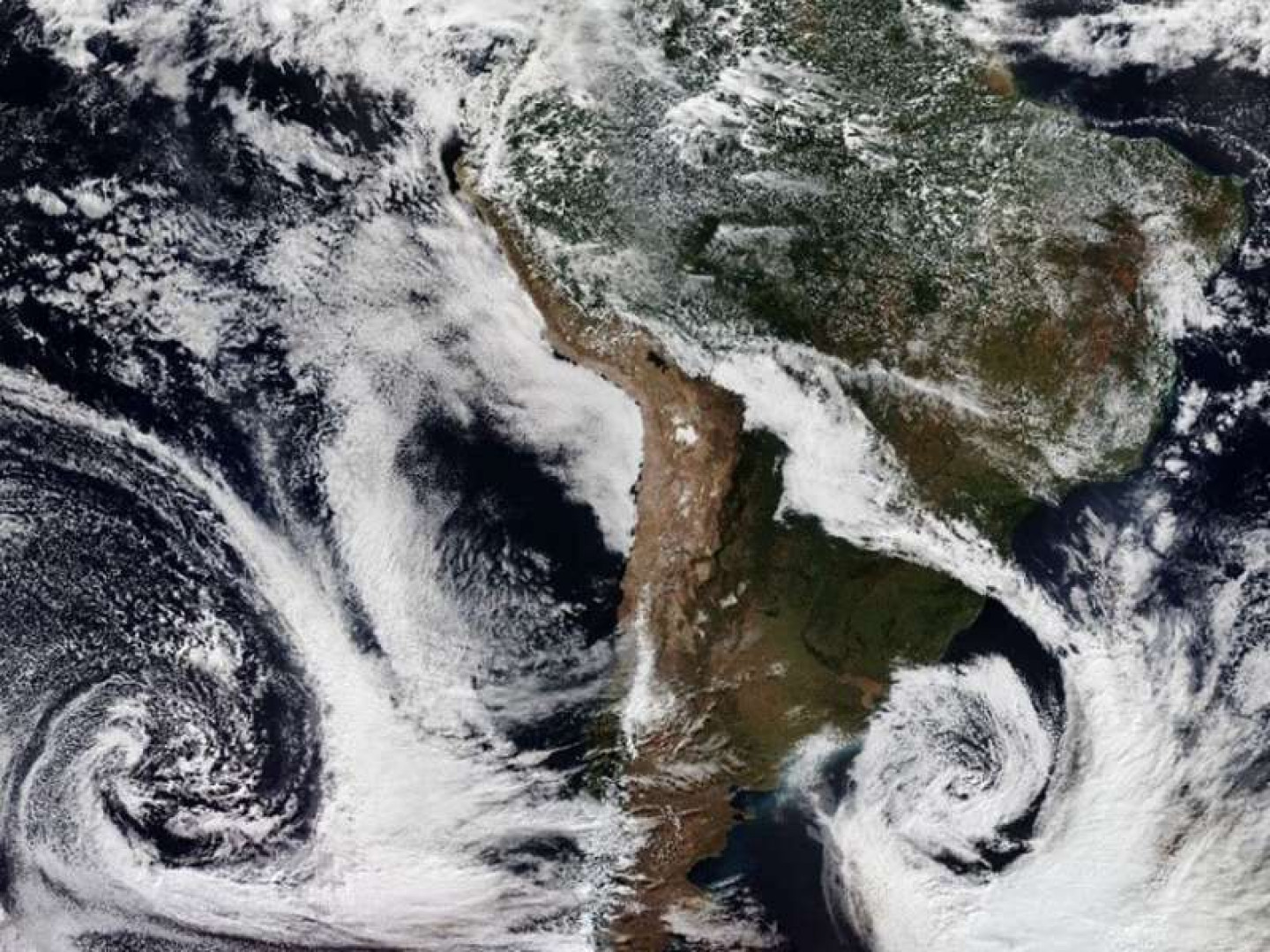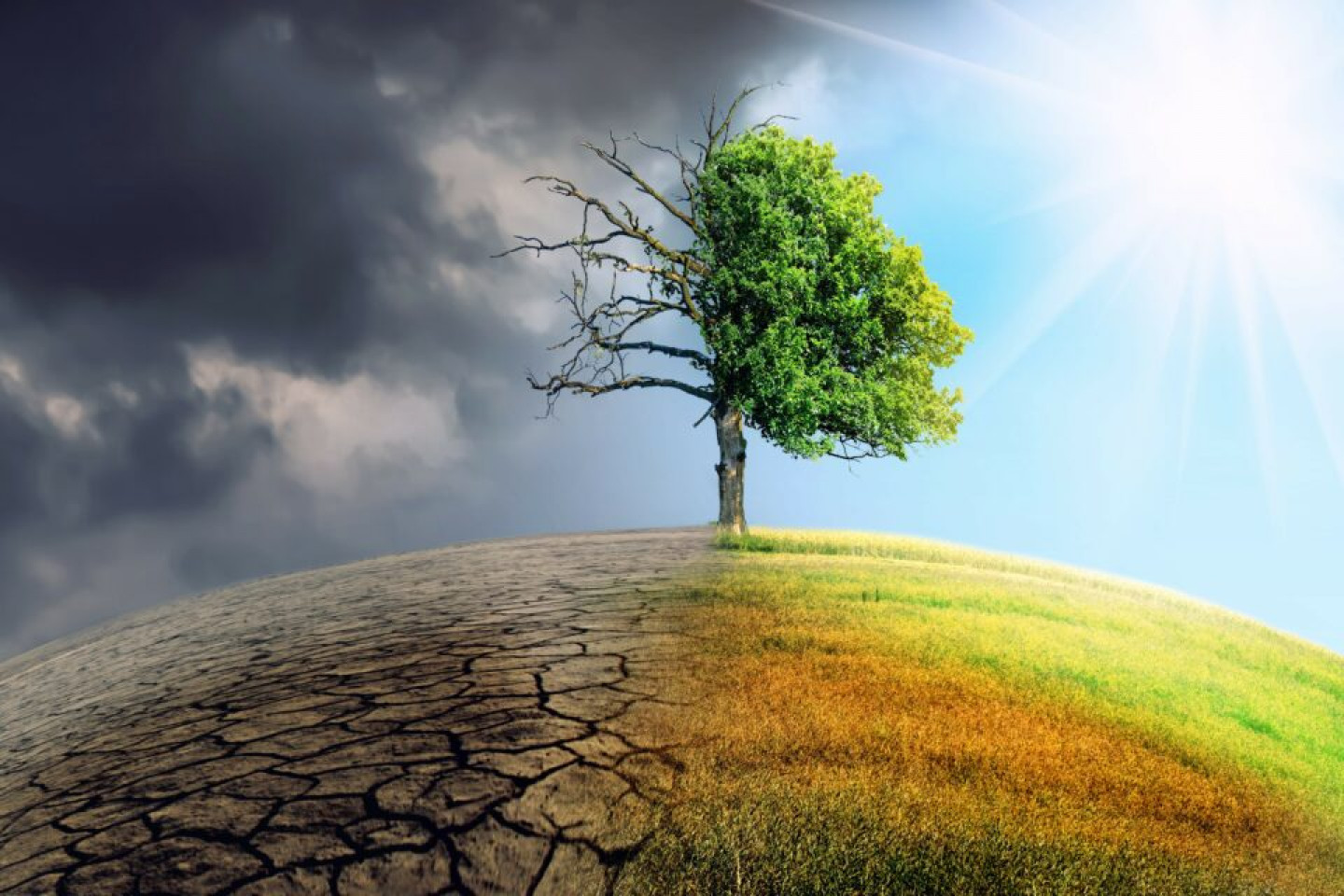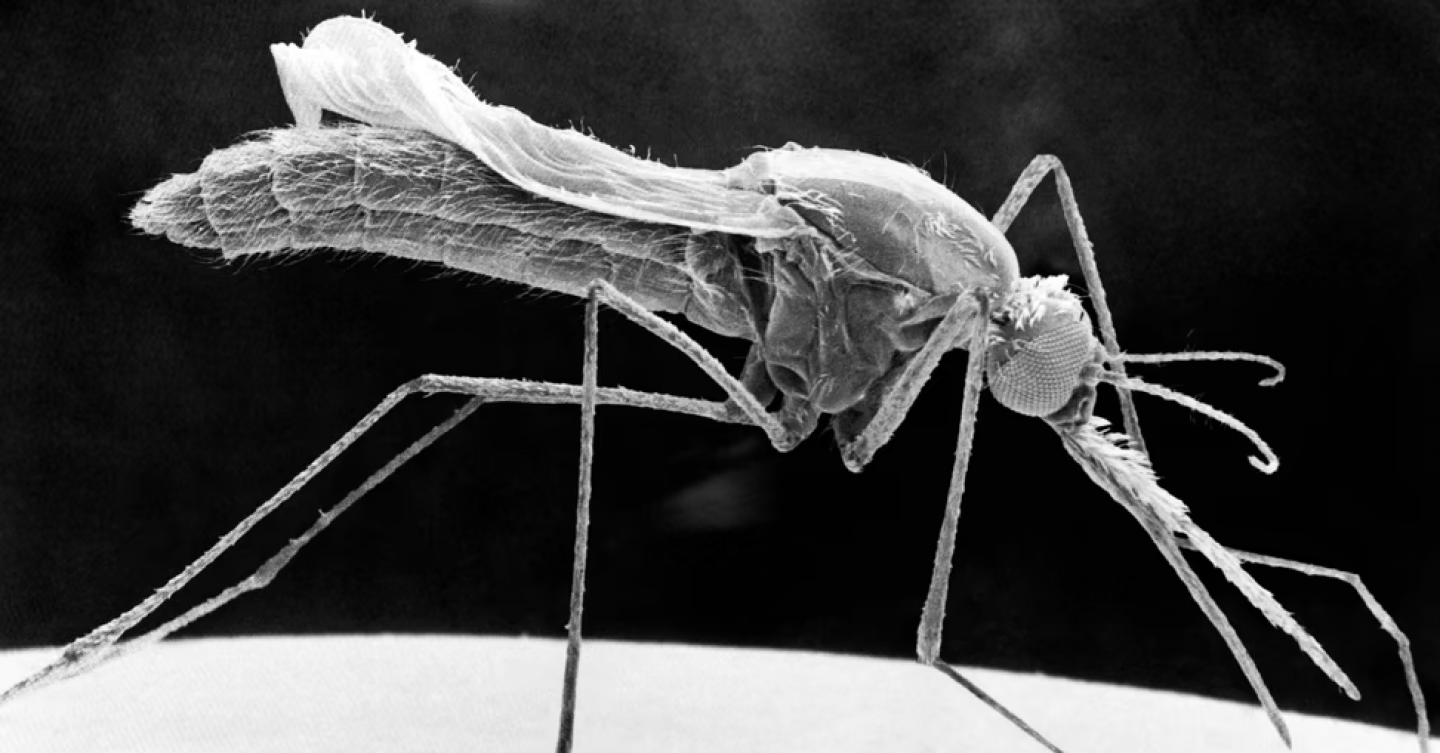A new study, published today in Nature Climate Change, will certainly make the IPCC—and other environmental bodies—take notice.


A new study, published today in Nature Climate Change, will certainly make the IPCC—and other environmental bodies—take notice.

According to a new report released by the InterAcademy Partnership (IAP), climate change is threatening the health of billions of people worldwide through a range of both direct and indirect pathways, including heat-related mortality and morbidity, extreme weather events such as droughts or floods, decreases in crop yields, changes in the distribution of vector-borne diseases, and wildfires causing widespread exposure to air pollution.

The consensus among scientists is that we are in an era of global heating and extreme weather events, primarily due to the devastating effects of human action on the environment. Why are researchers concerned, and what are the implications for health?
number of climate mitigation and adaptation actions that could bring significant improvements to health and health equity.
Future projections of malaria transmission is made for Odisha, a highly endemic region of India, through numerical simulations using the VECTRI dynamical model.
In this report, prepared by the Inter-American Network of Academies of Science (IANAS), we consider how, through adaptation and mitigation, we can combat the negative effects of climate change on health, but also reduce the ways in which the health system itself contributes to the problem of climate change.
This new platform allows users to engage with our findings and explore the 2021 report data at country specific, regional and income group level. The data visualisations are free to use and share, and we encourage you to include them in your work.
The study aimed to develop a systematic synthesis of systematic reviews of health impacts of climate change, by synthesizing studies' characteristics, climate impacts, health outcomes and key findings.
Each month, Abt experts from two disciplines explore ideas for tackling these challenges in our monthly podcast, The Intersect.

A popular idea to soften the blow of global warming might also make the world’s malaria problem even worse.